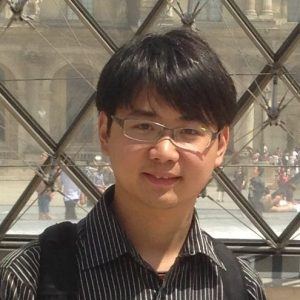
Chao Huang
Sun Yat-Sen University
Biography
Dr. Chao Huang is postdoctoral researcher at History of Department, Sun Yat-sen University, Guangzhou, P.R. China. His main fields of interest are world history, history of technology, history of metallurgy and archaeometallurgy. Recent publication: The Research on Chinese Paktong and Its Transmission to Europe during the 18th and 19th Centuries. Aachen: Shaker Verlag, 2016.
「 The Ultimate Seal of Approval: The Use of Lead and Tin in the Chinese Tea Trade during the 18th and 19th Centuries 」
The 18th and 19th centuries saw a massive expansion from various European nations and North America into China which was led, in the main, by a quest for tea; a quest that was to make tea an international commodity. The Chinese tea trade has been a favourite area of focus for study and research over the past few decades, from different research disciplines and varying perspectives. Collectively, the more recent studies have helped expand our understanding of and broaden our outlook on what was undoubtedly a highly complex trade. Equally, from the stance of different research disciplines, the significance of lead and tin for lining and sealing of tea containers to preserve the integrity of tea has not generally received sufficient attention. Processed tea leaves are very fragile and delicate that might lessen the qualities if not properly preserved. They are extremely vulnerable to outside fragrances and odours, and easily absorb moisture that might cause the escape of the aromas and the damage of the flavour. The delicate nature of tea decides necessary and proper ways of packing and sealing for conveying and transporting in the tea trade. The use of lead and tin for the tea containers is the ideal way to protect tea against aeration and contamination when moving inland or shipping on board. By investigating specific and practical examples of lead-lined wooden chests and tin/pewter canisters of the period, a more comprehensive understanding may be gained from the issues related to this use of these metals by the China tea trade. New light will be shed on the topic of the Chinese tea trade from textual materials, visual resources, and experimental research findings.



